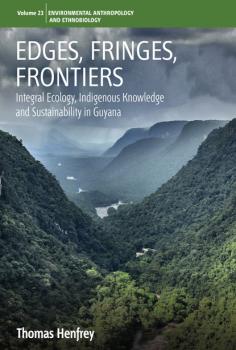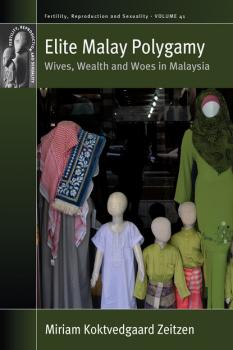ТОП просматриваемых книг сайта:
Культурология
Различные книги в жанре Культурология, доступные для чтения и скачиванияАннотация
Pacific Realities - Группа авторов
Pacific Perspectives: Studies of the European Society for OceanistsАннотация
Информация о книге
Автор произведения Группа авторов
Жанр Культурология
Серия Pacific Perspectives: Studies of the European Society for Oceanists
Аннотация
Ethnographies of Movement, Sociality and Space - Группа авторов
Material Mediations: People and Things in a World of MovementАннотация
Информация о книге
Автор произведения Группа авторов
Жанр Культурология
Серия Material Mediations: People and Things in a World of Movement
Аннотация
Информация о книге
Автор произведения Группа авторов
Жанр Культурология
Серия Material Mediations: People and Things in a World of Movement
Аннотация
Аннотация
Elite Malay Polygamy - Miriam Koktvedgaard Zeitzen
Fertility, Reproduction and Sexuality: Social and Cultural PerspectivesАннотация
Информация о книге
Автор произведения Miriam Koktvedgaard Zeitzen
Жанр Культурология
Серия Fertility, Reproduction and Sexuality: Social and Cultural Perspectives
Travelling towards Home - Группа авторов
Articulating Journeys: Festivals, Memorials, and HomecomingsАннотация
Информация о книге
Автор произведения Группа авторов
Жанр Культурология
Серия Articulating Journeys: Festivals, Memorials, and Homecomings
The Rite of Urban Passage - Reza Masoudi
Articulating Journeys: Festivals, Memorials, and HomecomingsАннотация
Информация о книге
Автор произведения Reza Masoudi
Жанр Культурология
Серия Articulating Journeys: Festivals, Memorials, and Homecomings










